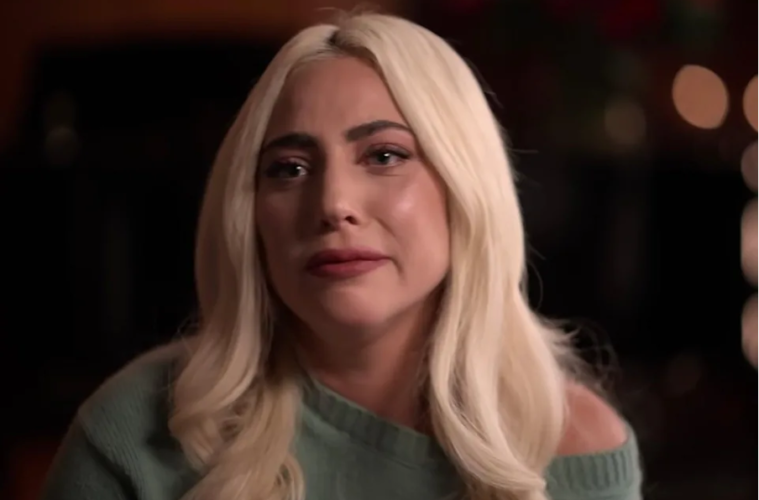[TRIGGER WARNING: This article mentions sexual assault, rape, self-harm, and suicidal thoughts]
In Oprah Winfrey and Prince Harry’s new Apple TV+ docuseries The Me You Can’t See, Lady Gaga opens up about the traumatic experience of being sexually assaulted at the age of 19. In her segment, Gaga describes how she was raped by a music producer while she was getting started in the industry, leaving her pregnant and mentally scarred. Having first opened up about it in 2014, she now goes into greater detail of how it affected her.
Giving a heartbreaking account of the aftermath on her mental health, the singer says she had “a total psychotic break” and was “not the same girl” for a long time. The horrific incident had left her in an “ultra state of paranoia.” She explains that her breakdown occurred a few years later, things beginning with her being admitted to a hospital with complaints of extreme pain as well as numbness. After several scans and MRIs which showed no physical ailment, she was sent – to her surprise – to speak to a psychiatrist. After some time, Gaga realised that the pain she felt “was the same pain I felt when the person who raped me dropped me off pregnant on the corner, at my parents’ house, because I was vomiting and sick” and that her body remembered the pain of being abused.
While she has been on the road to recovery for a couple of years since, she highlights that “Even if I have six brilliant months, all it takes is getting triggered once to feel bad.” The process of recovery is full of ups and downs, where feeling bad can be as extreme as “want[ing] to cut, think[ing] about dying, wondering if I’m ever gonna do it.” With the words “I always tell people ‘Tell somebody, don’t show somebody’”, Gaga stresses how crucial it is to get help by telling someone you need help, rather than physically harming yourself.
Through all this, Gaga still wishes to share a message of hope, saying she has “learned all the ways to pull [herself] out of it. It all started to slowly change.”
“I don’t tell this story from my own self-service. I’ve been through it, and people need help” says Gaga, sharing her wish that her testimony in this series would contribute to the destigmatization of mental health, encouraging people that have been in similar situations to reach out for assistance.


